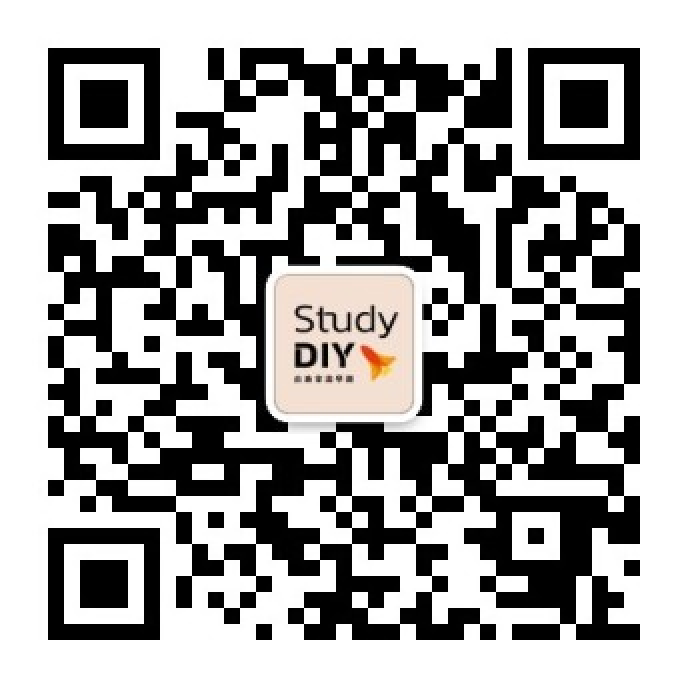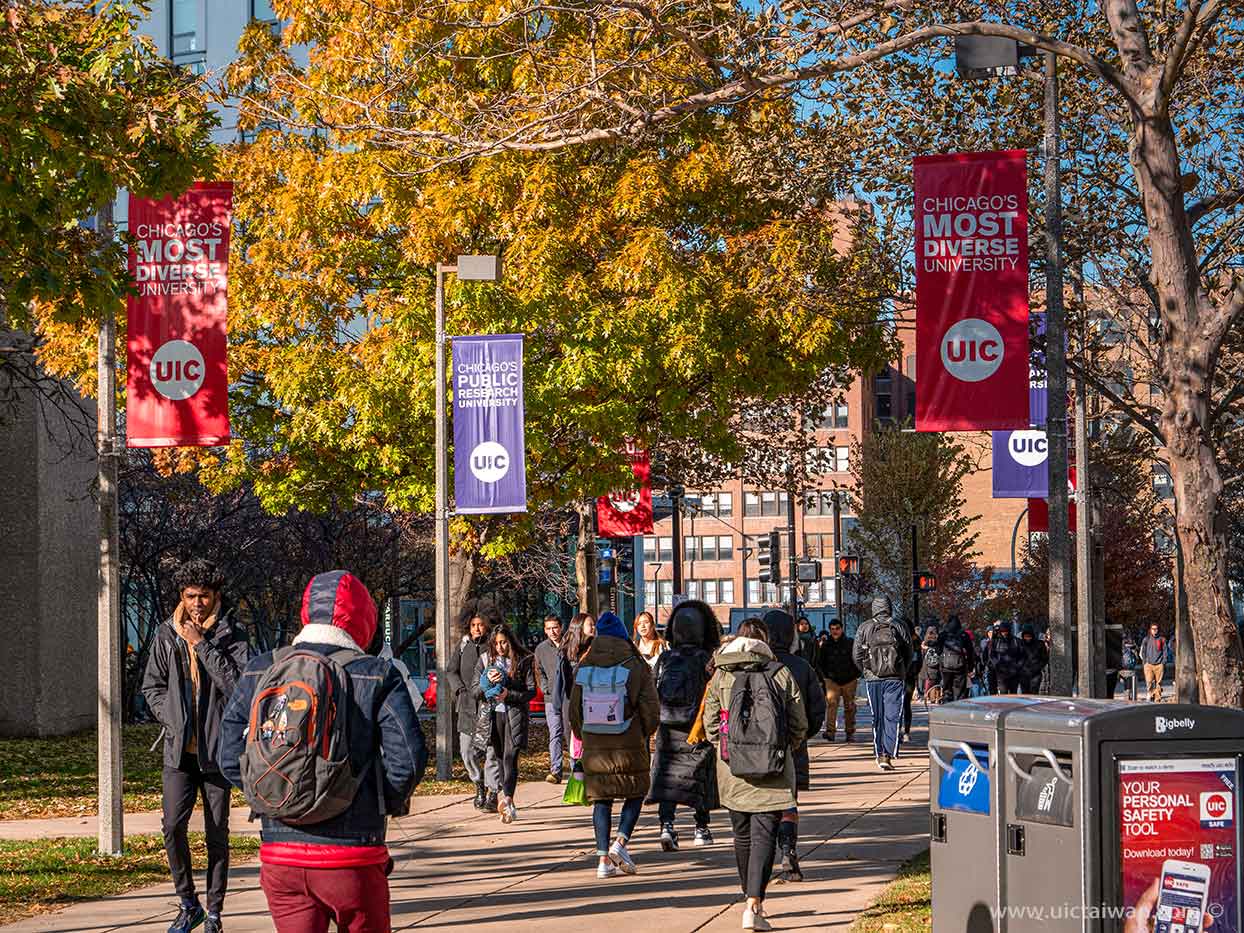Studying abroad can be expensive, and many students want to find part-time work. However, they may find themselves holding only a student visa and worry about getting into trouble for working illegally, possibly being expelled from school. Is it possible to work while studying abroad? Actually, in many countries, students with a student visa can work. The following will explain how students can balance work and study while abroad and what the key points are.
Can You Work with a Student Visa?
It varies by country, but legality is the most important factor. In many popular study abroad destinations such as the UK, US, Australia, and New Zealand, students with a student visa are allowed to work within certain restrictions, such as limiting working hours per week, requiring work within certain institutions, and only allowing part-time jobs. These restrictions are meant to prevent students from neglecting their studies due to excessive work. Some countries have complex regulations, so it’s advisable for students to thoroughly familiarize themselves with the student visa regulations of the country they are studying in, inquire with relevant authorities about any rules they need to follow, and prepare the necessary documents. As long as everything is done legally, students can work with more security.
Below, based on 2021 regulations for student visas in various countries, we will see how students can alleviate their financial pressures while studying in these countries:
Work and Study: The United States
Students in the United States usually need an F1 visa, including undergraduates, graduate students, and language school students. Students with an F1 visa can participate in three types of work. The first type is on-campus work or work at a school-related organization. After consulting with the designated school official (DSO) and obtaining approval and a Social Security Number (SSN), students can work on campus.
Student Category | Type of Work | Conditions |
Holders of F1 Visas | Part-time |
|
Full-time |
|
For off-campus work, in addition to the above conditions, the student must have completed one academic year of studies and be facing financial difficulties or an emergency situation recognized by the U.S. Department of Homeland Security to apply.
The second and third types of work are available for both undergraduate and graduate students, who can also participate in theOptional Practical Training (OPT) andCurricular Practical Training (CPT) programs. Both work types must be related to the student’s field of study, but the conditions for participation are more complex. Interested students may visit the official program websites or refer tothis article for more details.
NOTE: For graduate students who hold F-1 visas, you must apply for off-campus employment in advance. Please ensure to follow the regulations set by the school and consult the DSO for more information regarding off-campus work.
Student Category | Job Type | Qualifications |
Holding a Student Visa | No Special Restrictions |
|
Part-Time |
| |
Full-Time |
| |
Internship |
|
2. To Apply for Work
- Provide the documents specified by the school or employer
- Provide a Social Insurance Number (SIN) card issued by Canada or the United States
- Not apply for multiple part-time jobs or internships at the same time
3. Application Procedures
- Submit the application
- Wait for the school or employer to review and approve the application
- After approval, sign the contract
- Start working according to the school or employer's requirements
Student Category | Type of Work | Requirements |
Holders of Student Visas | Part-time |
|
Full-time |
|
After confirming the category of the school and the types of part-time work that can be undertaken, students should apply to the relevant department of their school to obtain the necessary documents for working. The school will assist the students in securing part-time employment.
Studying Abroad with a Part-time Job: Netherlands Edition
The Netherlands is a member of the European Union, and EU students generally do not face special restrictions when looking for work in the Netherlands. However, for non-EU international students, the Netherlands requires employers to provide a work permit (work permit), with the following requirements:
Student Category | Job Type | Requirements |
Non-EU or Swiss nationality students | Part-time |
|
Full-time |
| |
Internship |
|
Work and Study Abroad: Australia Edition
Australia, with its pleasant climate and relatively affordable cost of living, has always been a popular destination for international students seeking part-time work. Australia has comprehensive legal provisions for working holidays and work-study programs. The requirements for international students to work in Australia are minimal. As long as they are working legally, they are entitled to the minimum wage and legal protections related to their employment rights.
Student Category | Work Type | Required Qualifications |
Holders of Student Visas (Subclass 500) | No Special Restrictions |
|
Work and Study Abroad: New Zealand Edition
International students in New Zealand are allowed to work, with restrictions depending on their level of study. Even students at language schools can work.
However, it is important to note that sincethe sex industry is legal in New Zealand , New Zealand explicitly prohibits international students from engaging in "restricted work." Other types of work have different regulations depending on the student category:
Student Category | Job Type | Requirements |
Undergraduate | Part-time |
|
Full-time |
| |
Temporary Full-time |
| |
Graduate | No specific restrictions |
|
Language School | Part-time |
|
How to Work While Studying Abroad ?
There are many job options, but most international students work in the service industry. Common positions include working at on-campus cafés or offices, as well as hourly jobs at off-campus restaurants or department stores. Working in the service industry allows students to interact frequently with local residents, which helps improve spoken and listening skills in the foreign language and aids in quickly adapting to the local lifestyle. If you want to try jobs with higher hourly pay, consider becoming a campus ambassador or a teaching assistant, helping other international students adapt more easily to life abroad.
Additionally, governments in various countries regulate these policies to protect the work rights of international students. However, some employers who wish to avoid paying taxes or seeking government permission may skip signing a work contract with international students, unintentionally leading them into "illegal work." Working illegally means there’s no legal protection, no work record, and no wage security, leaving students without recourse if exploited by employers. Don’t overlook the responsibility of ensuring your employer fulfills their duties, and always safeguard the rights you deserve.
When studying abroad, finances are an important consideration, but don’t let a tight budget stop you from pursuing your dreams. Take a look at the websites of your target country and school; you might find plenty of work opportunities. Working while studying abroad is actually not difficult at all!



 Study Abroad in Different Countries
Study Abroad in Different Countries Popular Majors
Popular Majors Application Process
Application Process Study abroad exam
Study abroad exam Visa Application
Visa Application Study Abroad Life
Study Abroad Life








 Study in the USA
Study in the USA Study in Australia
Study in Australia Study in the UK
Study in the UK Study in the Netherlands/Ireland
Study in the Netherlands/Ireland Study in Canada
Study in Canada Conditional Admission
Conditional Admission



